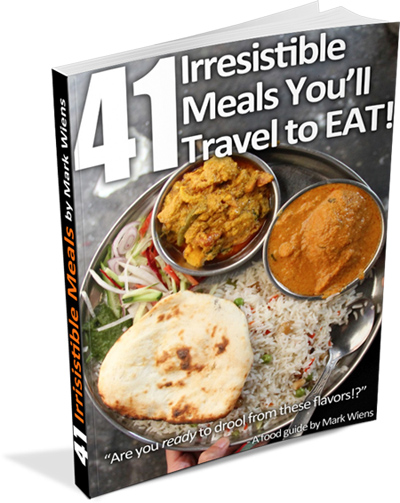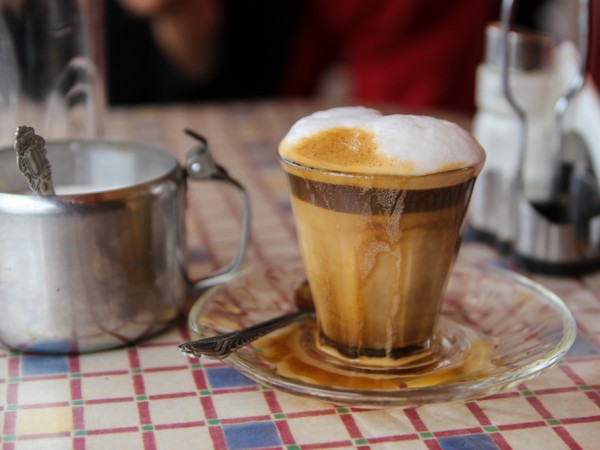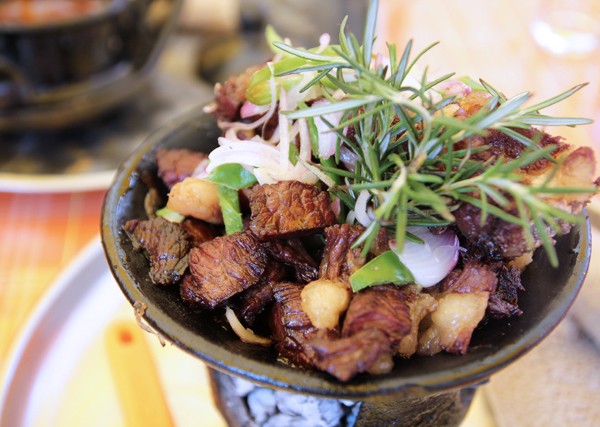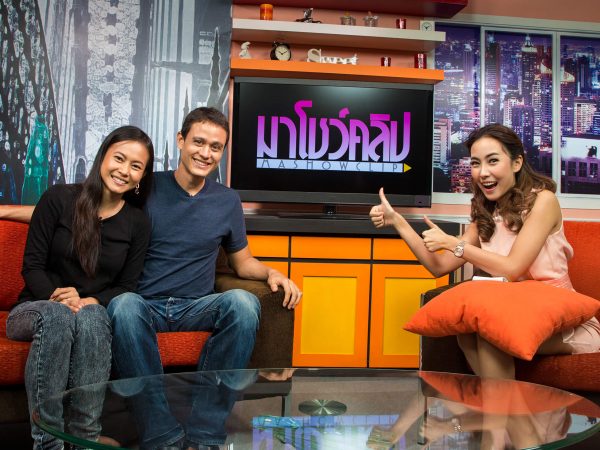
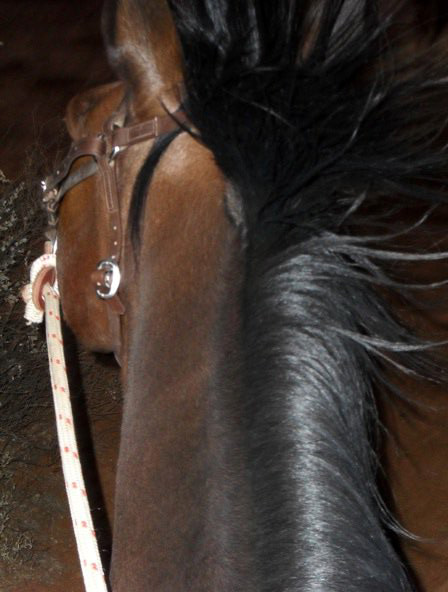
It was a special and terrifying moment, walking Luna through the gates into the vast, dusty expanse of the Australian outback for her first trek.
Here was a horse (brumby) that 6 weeks ago wouldn’t even let us touch her.
Us being the group of girls that had been hired to come and work on the homestead for food, board, and the chance to train these amazing animals.
Did any of us have a clue about how to train a horse?
No.
But was that a concern of the farmer?
Again, No. He had dollar signs in his eyes.
Get exclusive updates
Enter your email and I’ll send you the best travel food content.
The law in the outback is; if the horses are on your land they become yours.
The homestead had two packs of brumbies (the Aussie terms for wild horses) that used to roam around, drink water and get the occasional lump of hay from us on a daily basis. In the dry season the homestead was the only place that had any water for miles around so it was an attractive reason for the horses to pay us a visit.
We would watch out for any new arrivals, and try to gain their trust. Initially this would be just sitting near them whilst they drank, or putting down hay for them to eat so they could get used to our scent. The second stage would be to catch the foal. This wasn’t a very good experience because you are effectively taken a baby away from its mum, but we told ourselves that it would get looked after a lot better in captivity than in the wilderness.
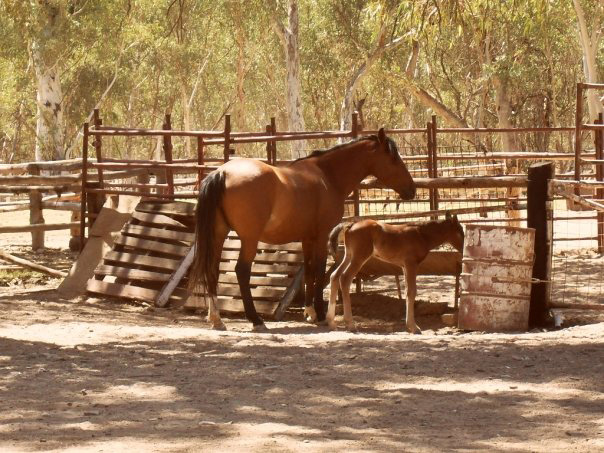
It wasn’t done in some grand cowboy style way, for a start none of us even knew how to throw a lasso. No, it was a much gentler affair. We opened the gates to the pen really wide so it didn’t look like a pen at all and would slowly guide the foal by walking up behind it. At the same time someone else would feed the mum with lots of hay so she would be distracted.
For the next couple of weeks we would try to gain the foals trust until eventually we could get close enough to put a training rope around its neck.
This stage involved A LOT of standing around in 40 degrees temperature trying to approach an animal that clearly does not want to be approached.
“Inch by inch we would get closer and closer.”
You would see the foals body tense up and then slowly relax as it got used to your presence. So you’d step closer again, and this would repeat until the foal had enough and kicked out or fled. It’s amazing how strong they get so quickly, at just a couple of months the foal is already strong enough to do you some damage, standing your ground becomes more and more scary.
The most valuable lesson I learnt is that the horse doesn’t know it is bigger than you. It can’t tell that you are a titchy girl with legs like twigs; they see you as the dominant being.
Horses are flight animals, that is what they are built for and a horse will never purposefully run into you in order to harm you. But man that is hard to get your head around.
We had three wild brumbies we were training at various levels of engagement, Luna was the oldest. Here is the moment we rode her into the outback.
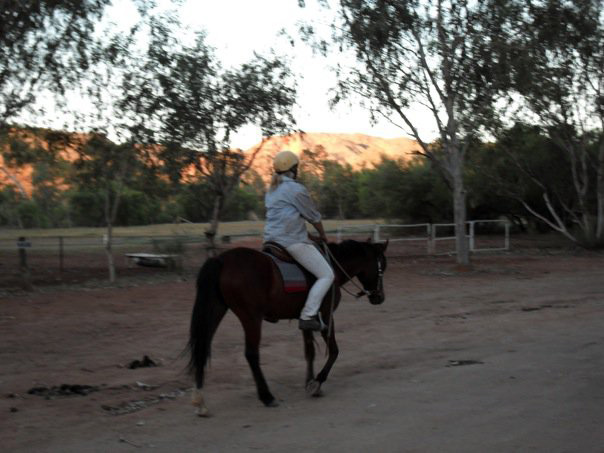
The other two foals we captured were too small to ride but over time we gained their trust. I left the homestead earlier than I was planning because I didn’t agree with the way we were training the horses.
We had the amazing opportunity to watch an Australian Aborigine break in one of the horses and what took us 6 weeks took him 3 hours.
Yes, he used more force but I think it’s much better for the animal in the long run. Although we were gentler in our approach the horse is put through weeks of stress and anxiety which just isn’t healthy for it.
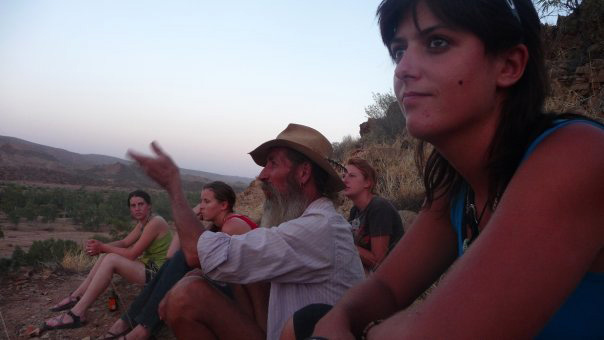
If you ever travel to Australia make sure you visit the Outback and if you have the chance do some woofing on a homestead. It was the best experience of my entire trip and it’s free. Don’t just take the tourist trail to Uluru (Aires Rock). Experience something different!
About the Author
Cheryl works for hostelbookers.com a budget accommodation specialist with over 20,000 properties in 3,500 destinations worldwide.
Get exclusive updates
Enter your email and I'll send you the best travel food content.
